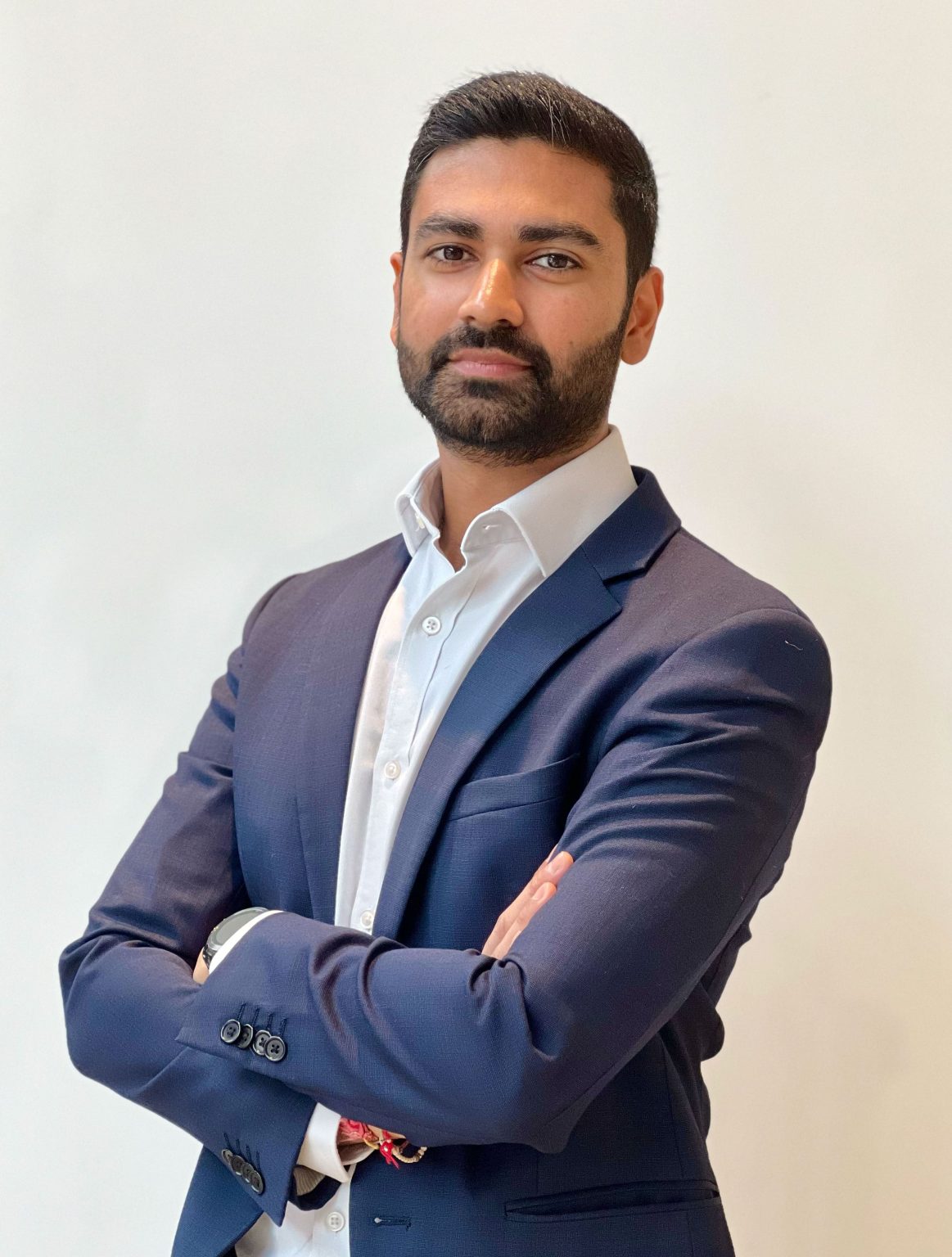Commenting on this news, Amar Vora, Head of Space at Serco Middle East, said:
“This is a revolutionary move that puts the UAE front and centre of the space conversation and is a major step forward in creating long-term future sustainability in the UAE’s space sector. With the launch of an academy, we are not only enhancing young Emirati’s expertise and skills when it comes to science and technology, but also actively growing an exciting sector and building a hub in the region for space exploration.
“Most recently Sultan Al Neyadi made history by completing the longest Arab space mission, with a six-month mission aboard the international space station. It is achievements such as this that are important to promote and engage local audiences to consider a career in this new and innovative field.
“Ultimately, building an academy in the UAE for the future of space exploration is a big task, but it is a necessary one. The launch of the academy is an incredible step forward, but to realise its full potential and to build the capabilities of Emirati youth, it cannot be done in isolation. A collaborative effort between the government and private sector is required. Programmes need to be created to support this ecosystem, providing opportunities to operationalise knowledge, such as on the ground training in areas such as data management, spacecraft operations, ground infrastructure management and satellite communications.
“We need to couple this with working hand in hand with existing academic institutions to highlight the benefits and attractions of a career in the space field – with courses on STEM related fields having a bias towards space. Facilities also need to be built that can establish simulation environments, this could involve existing software to provide realistic experiences or sending personnel to space centres that give Emirati youth the hands-on exposure they need in order to thrive.
“What’s clear is that, in the UAE, we’re now at the cross-roads of taking our space programme to the next level. By building a localised workforce from the ground up, we are future-proofing the country’s space industry. We have a seat at the table in the global space conversation, and ultimately now we have achieved that, the possibilities are infinite.”





